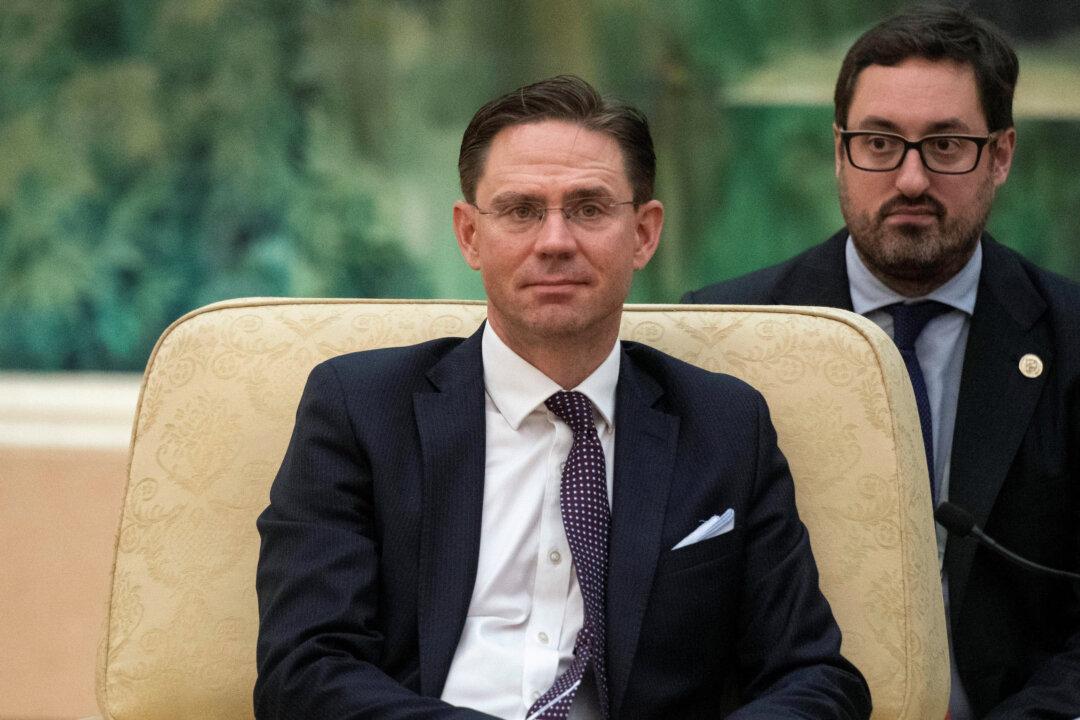BRUSSELS—The European Commission set out a 10-point plan on March 12 for more balanced economic relations with China, urging EU leaders to back its ideas to curb Chinese state-owned enterprises and increase their guard against cybersecurity threats.
The action plan marks a shift in the bloc’s stance toward its top trading partner and will be put to EU leaders to discuss at their next regular summit meeting in Brussels on March 21-22—before an EU-China summit on April 9.





